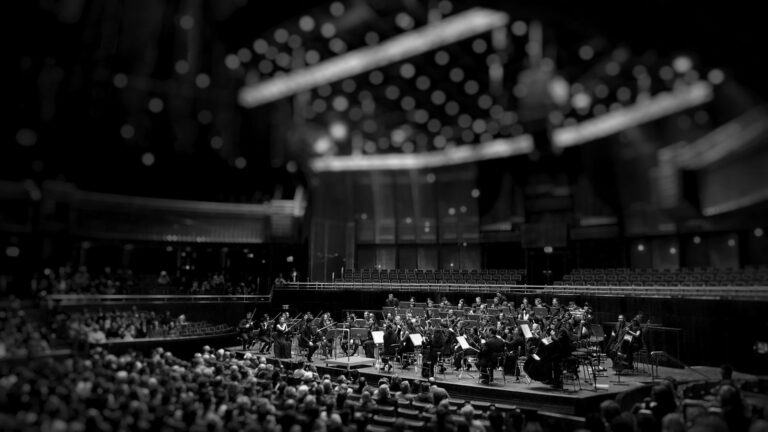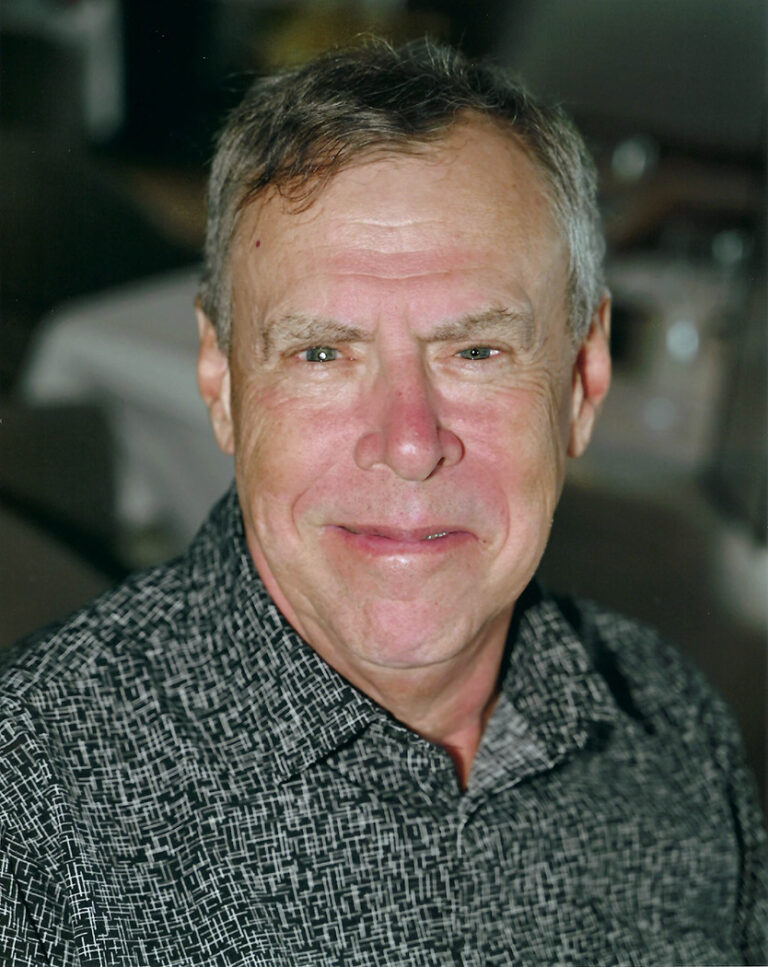Explore More
Still Standing and Playing – Lessons in Resilience from Jazz’s Candid Composer
Francis ONAH’s ‘Still Standing’ melds heritage, resilience and jazz to explore male vulnerability, rebuilding trust and authentic self-renewal

‘Every track is a chapter of survival,’ says Francis ONAH, and that line cuts straight through the veneer of most musician biographies. The Lagos-born saxophonist’s latest album ‘Still Standing’ doesn’t trade in career highlights or industry connections. Instead, it mines five years of betrayal and professional setbacks for something far more valuable – authentic insight into how men rebuild themselves when trust breaks and dreams stall.
ONAH’s approach stands apart in an industry where vulnerability often gets packaged as brand strategy. His eight tracks chronicle real pain without the safety net of metaphor or artistic distance. Track titles like ‘Big Brown Lie’ and ‘Man vs. Man’ signal direct confrontation with the kind of personal and professional betrayals that sophisticated men understand all too well – the business partner who vanishes with the funds, the mentor who takes credit, the relationship that crumbles under pressure.
Heritage as Foundation for Self-Renewal
ONAH’s rebuilding process draws strength from his cultural roots while refusing to be confined by them. His previous work with Femi Kuti & Positive Force established his credentials in the Afrobeat tradition, but his debut album ‘Ogoja City’ and now ‘Still Standing’ show an artist who understands that authenticity means continuous evolution, not nostalgic repetition.
The Lagos jazz scene provides context for this approach. Traditional Yoruba instruments like talking drums, Bata and Dundun create polyrhythmic foundations that naturally resist simple categorisation. ONAH applies this same principle to his personal reconstruction – building on solid cultural ground while remaining open to new influences and unexpected directions.
Survival Stories Worth Studying
The album’s most revealing moments come through ONAH’s unflinching examination of male relationships and betrayal. ‘Plenty Shades of Human’ acknowledges the complexity of the people who disappoint us, while ‘Man vs. Man’ confronts the reality that some of our deepest wounds come from those we trusted most. The themes mirror those explored in books about trust and betrayal – field reports from someone who has lived through the wreckage and found ways to keep moving.
‘If you’re still breathing, you’re still standing,’ ONAH explains, and that simple recognition holds more practical wisdom than most self-help libraries. He’s not promoting toxic positivity or pretending that endurance alone solves everything. Instead, he’s documenting what actual survival looks like when the cameras are off and the support systems have failed.
The Sound of Reconstruction
Musically, ONAH’s healing process takes shape through his signature saxophone-led arrangements layered with percussive complexity. The production, handled entirely by ONAH himself, incorporates traditional African instrumentation alongside modern electronic textures. This sonic blend mirrors his personal approach – respecting the past while embracing whatever tools serve the present moment.
Tracks like ‘Align with Nature’ and ‘Fly Away’ provide necessary breathing space within the album’s emotional intensity. They demonstrate that resilience isn’t just about enduring hardship – it’s about knowing when to step back, reassess and find moments of peace within the struggle. This practical approach to mental health resonates far beyond the music itself.
Taking Personal Testimony Global
ONAH’s summer tour schedule reads like a masterclass in cultural positioning. Appearances at the Montreux Jazz Festival on 14 July, JazzOpen Stuttgart on 13 July and Jazz in Marciac on 21 July place his personal statement on stages that have hosted jazz legends for decades.
These festivals represent more than career milestones – they’re platforms where authentic vulnerability can reach audiences who understand the pressure to maintain facades. The Montreux Festival alone draws nearly 250,000 spectators annually, while Jazz in Marciac transforms a small French town into a cultural destination for three weeks. ONAH’s willingness to share his reconstruction process on these prestigious stages signals a new model for how accomplished men can address setbacks without losing credibility.
Honest Accounting
The album succeeds because ONAH avoids the trap of treating his pain as unique or extraordinary. His struggles with betrayal, professional disappointment and personal loss reflect experiences that resonate across cultural and professional boundaries. Men who have built careers, led teams or invested trust in partnerships will recognise the terrain he’s mapping.
His approach to building resilience centres on integrating heritage into the healing process. Rather than abandoning his cultural foundation during crisis, ONAH deepens his connection to it while remaining open to growth. This demonstrates genuine sophistication – the ability to draw strength from roots while adapting to new circumstances.
Like other artists who’ve channelled personal struggle into art, ONAH’s willingness to document the actual work of rebuilding offers both permission and practical guidance. His approach parallels the trend of authors redefining masculinity through authentic storytelling, proving that strength often means acknowledging vulnerability rather than hiding it.
‘It’s a declaration. I’m still here. Still making art. Still pushing forward,’ ONAH concludes, and those words carry weight because they come from someone who has put his survival on record. In a culture that often demands men maintain composure regardless of circumstances, ONAH’s willingness to document the work of rebuilding offers both permission and practical guidance for those facing their own reconstructions.




